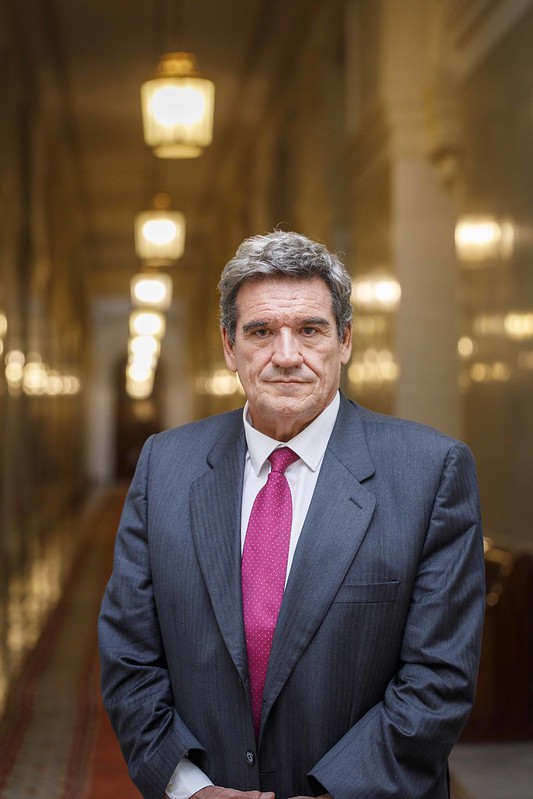By David Barwick – FRANKFURT (Econostream) – If the European Central Bank's baseline scenario is realised, further interest rate cuts may be appropriate, according to ECB Governing Council member José Luis Escrivá on Sunday.
In an interview with Spanish daily El País, Escrivá, who heads the Banco de España, said that he was 'very comfortable' with the ECB's current practice of following the decline of inflation with small rate cuts.
'When the situation is fraught with uncertainty, it's wise to keep all options open', he said. 'The central scenario we're operating with — GDP growth around 1%, inflation at 2% — could require, if it is confirmed, some fine-tuning.'
Escrivá appeared to suggest that additional easing would not require a struggle between policymakers.
'Since I've been at the ECB, I've seen a broad consensus on how to approach monetary policy', he said. 'I don't see any reason for that approach to change.'
With inflation near the objective and expectations appropriately anchored, monetary authorities could take 'some comfort' from the current situation, he said.
There were fresh risks associated with the return of Donald Trump to the us presidency, he said. The volatility and uncertainty could dampen demand even as energy cheapened and the euro strengthened and tariffs throttled trade, he said.
'All of this could drive inflation down, especially in the short term', he said. 'Conversely, a disruption in global trade relations and increased spending on defence and infrastructure could raise inflation in the medium term.'
Since the us tariff announcement in April, the dollar's safe-haven role had been in question, he said, with confidence in the American currency and assets having suffered.
'The dollar's dominance as an international reserve currency appears to have peaked', he said.

